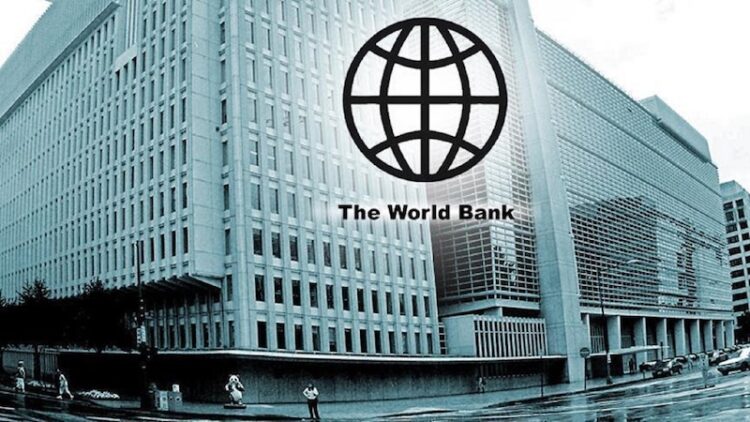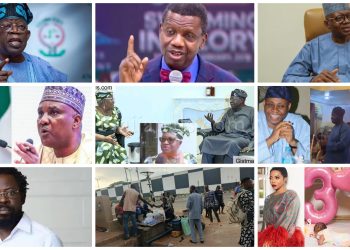The World Bank dedicated $1.2 billion matching funds to transform educational prospects for adolescent girls throughout Nigeria’s territory.
During the relaunch of the Adolescent Girls Initiative for Learning and Empowerment (AGILE) program in Abuja, the initiative announced itself as one of the biggest individual investments in girls’ education across sub-Saharan Africa.
Through World Bank Senior Social Protection Specialist Tina George delivering the message on behalf of Country Director Ndiame Diop the institution confirms education’s transformative power for societal development.
The program demonstrates its core principle that educating girls produces positive impacts which spread through communities by using Diop’s declaration “an educated girl is truly a mirror, a mother of her community.”
The comprehensive program distinguishes itself through its dual-state and federal operations within eighteen Nigerian states. Multiple interconnected challenges need simultaneous attention according to the program’s designed approach for successful girls’ education improvement.
The AGILE program delivers its educational programs to secondary students because this educational stage frequently produces high dropout rates because of multiple societal conditions.
A $1.2 billion investment will break down all obstacles which have previously stopped adolescent girls from finishing their secondary education. The barriers to secondary education consist of financial barriers and cultural barriers as well as subpar resources and insufficient infrastructure.
The program takes a holistic approach to tackle various obstacles which will build an environment where girls can succeed in their education.
The initiative establishes both short-term education goals and lengthy economic development objectives.
Through secondary education provision to young women, this program works to boost their economic prospects which may end poverty transmission between generations and initiate social movement possibilities.
The investment moves Nigeria forward by tackling gender inequalities in secondary education across the country. The ongoing implementation of this initiative in 18 states demonstrates the possibility of developing into an example for other African countries who wish to replicate these education investments that drive social and economic progress.





